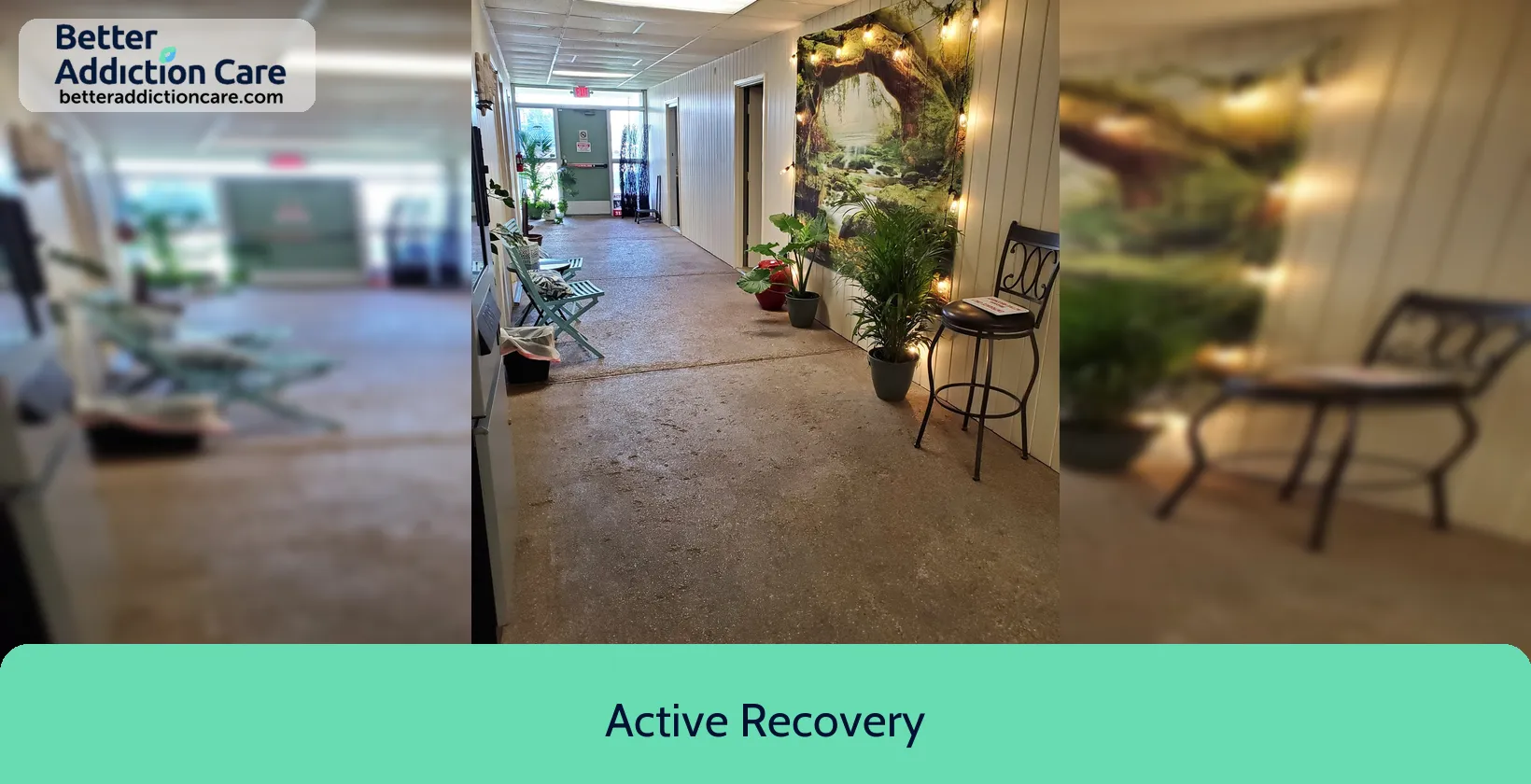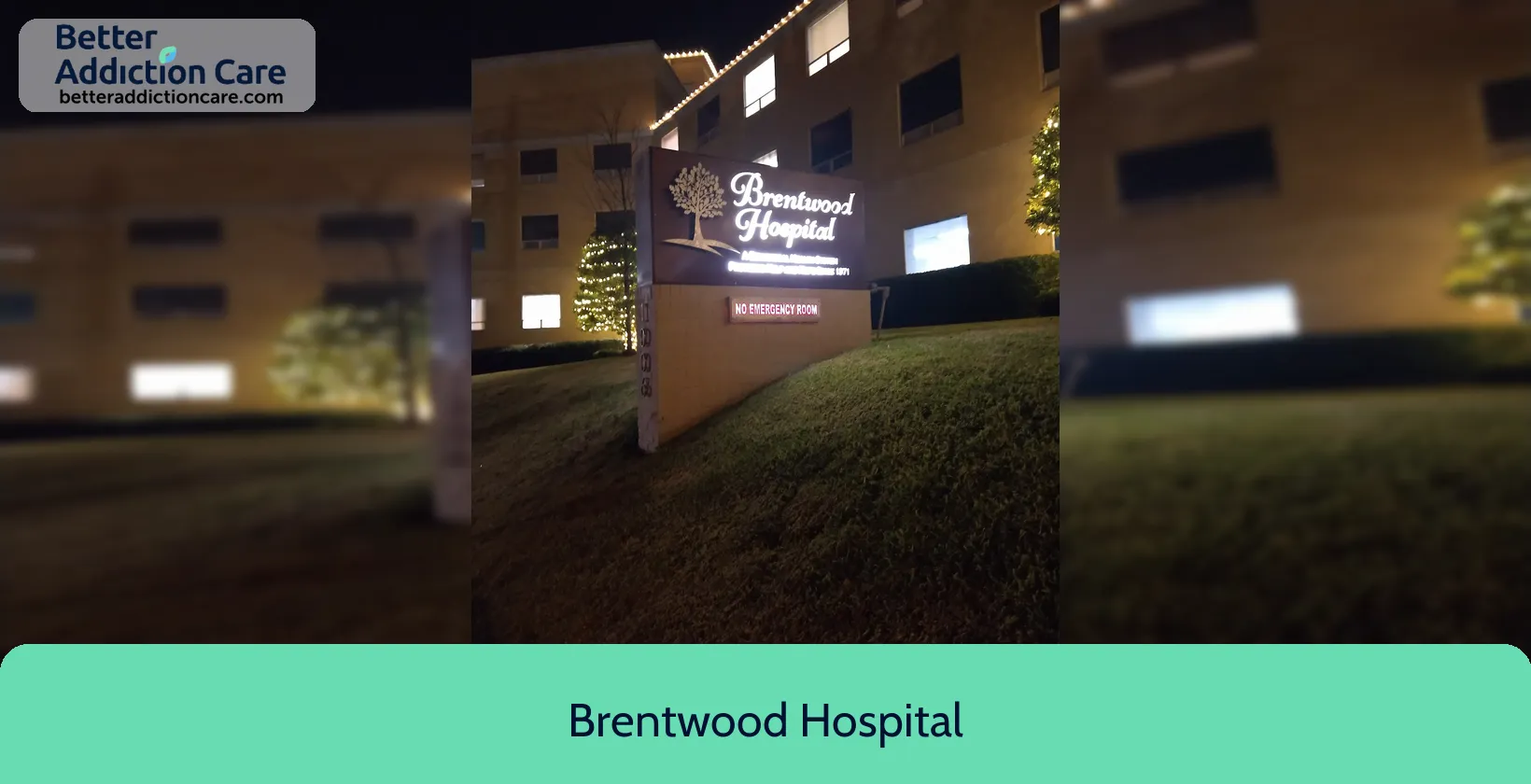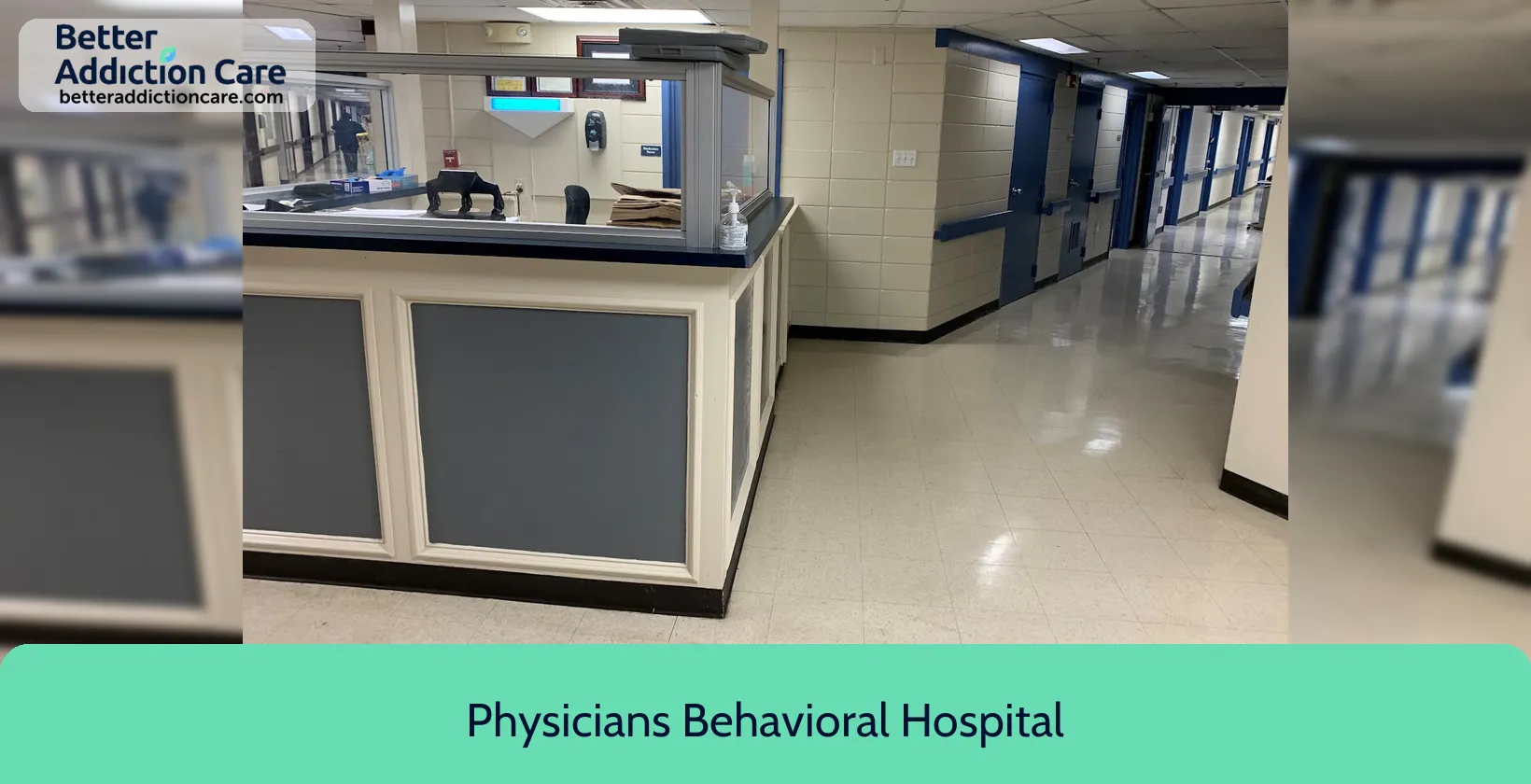Council on Alcoholism and DA of Northwest Louisiana

Overview
Council on Alcoholism and DA of Northwest Louisiana is a substance abuse treatment center for people seeking treatment near Caddo County. As part of their treatment modalities for recovery, Council on Alcoholism and DA of Northwest Louisiana provides substance use disorder counseling, treatment for gambling disorder, and group counseling during treatment. Council on Alcoholism and DA of Northwest Louisiana is located in Shreveport, Louisiana, accepting cash or self-payment for treatment.
Council on Alcoholism and DA of Northwest Louisiana at a Glance
Payment Options
- Cash or self-payment
- Medicaid
- Private health insurance
- Federal, or any government funding for substance use treatment programs
- Aetna
Assessments
- Screening for tobacco use
- Comprehensive substance use assessment
- Interim services for clients
- Outreach to persons in the community
- Screening for mental disorders
Age Groups
- Young adults
- Seniors
Ancillary Services
- Case management service
- Mental health services
- Social skills development
Highlights About Council on Alcoholism and DA of Northwest Louisiana
6.82/10
With an overall rating of 6.82/10, this facility has following balanced range of services. Alcohol Rehabilitation: 8.00/10, Drug Rehab and Detox: 6.00/10, Insurance and Payments: 6.53/10, Treatment Options: 6.73/10.-
Alcohol Rehabilitation 8.00
-
Treatment Options 6.73
-
Insurance and Payments 6.53
-
Drug Rehab and Detox 6.00
Accreditations
Commission on Accreditation of Rehabilitation Facilities (CARF):

CARF accreditation is a prestigious recognition granted to rehabilitation and human service organizations. It signifies that an organization meets high-quality standards, having undergone a rigorous evaluation process. CARF accreditation boosts an organization's credibility and ensures top-notch care for individuals with disabilities, injuries, or healthcare needs.
Registration: 241785
SAMHSA certification for opioid treatment program (OTP):
SAMHSA's Opioid Treatment Programs (OTPs) accreditation is a rigorous recognition process that signifies an OTP's commitment to providing high-quality care for individuals dealing with opioid use disorders. It assures patients, families, and the community that the program adheres to evidence-based practices, employs qualified staff, and maintains a safe treatment environment. This accreditation is a symbol of quality and accountability, offering confidence in the program's ability to support individuals on their path to recovery from opioid addiction.
State department of health:

Government agencies issue State Licenses, granting permission to rehabilitation organizations to conduct their business operations lawfully within specific geographic regions. Generally, the particular rehabilitation programs offered by a facility and its physical location dictate the necessary licenses needed for legal operation.
Treatment At Council on Alcoholism and DA of Northwest Louisiana
Treatment Conditions
- Alcoholism
- Mental health treatment
- Substance use treatment
- Co-occurring Disorders
Care Levels
- Outpatient
- Intensive outpatient treatment
- Regular outpatient treatment
- Aftercare
Treatment Modalities
- Substance use disorder counseling
- Treatment for gambling disorder
- Group counseling
- Family counseling
- Marital/couples counseling
Ancillary Services
Languages
- Spanish
Additional Services
- Pharmacotherapies administered during treatment
- Discharge Planning
- Breathalyzer or blood alcohol testing
Special Programs
- Clients with co-occurring mental and substance use disorders
- Criminal justice (other than DUI/DWI)/Forensic clients
Get Help Now
Common Questions About Council on Alcoholism and DA of Northwest Louisiana
Contact Information
Other Facilities in Shreveport

6.99

6.59

7.62

7.25

7.10

6.62

7.14

7.44
Browse rehab centers near Shreveport and in other cities across Louisiana
DISCLAIMER: The facility name, logo and brand are the property and registered trademarks of Physicians Behavioral Hospital, and are being used for identification and informational purposes only. Use of these names, logos and brands shall not imply endorsement. BetterAddictionCare.com is not affiliated with or sponsored by Physicians Behavioral Hospital.
